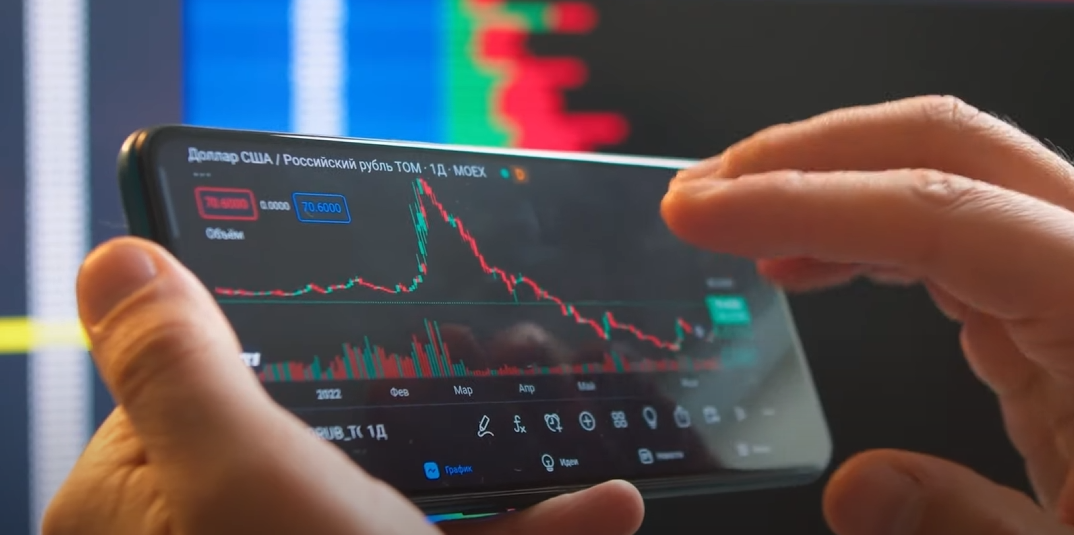Massive fall in Pakistan Stock Market, reports from IMF and World Bank give more clues to know the whole story|

Pakistan’s economy is once again in the headlines and this time the reason is the huge shock of the stock market. On 24 April, the benchmark KSE-100 index of Pakistan Stock Exchange fell by almost 2,000 points. India is responsible for this fall which was taken after the Pahalgam terror attack.
Stock Market situation
According to Pakistan’s newspaper Down: By 11:13 am, the index had fallen by 1,086 points, with a fall of 0.03%. And by 2:56 pm the index reached 12,116, which was a total fall of 1.81%. This is the second time that the market in Pakistan has fallen, before this on 22 April the IMF had cut Pakistan’s growth forecast to 2.6%. Which was 3%.
IMF’s Assessment
The IMF has said that Pakistan depends on its loans, mostly on the Extended Fund Facility (EFF). The IMF said:
“Inflation is at its lowest level since 2015, financial conditions have improved, and external balances have strengthened.”
The IMF warned of: geopolitical shocks such as commodity prices going up and down, climate-related risks and policy slippages, and a breakdown of discipline in economic policy. Pakistan will now get access to around $1 billion after getting approval from the IMF board, and another $1.3 billion from the Resilience and Sustainability Facility.
World Bank Report
The World Bank said: “Pakistan’s economy is not stable, and 2.7% growth is expected by fiscal year 2025.” But problems still persist: the agriculture sector is suffering due to weather and pests. Industry is under stress due to high taxes and services are also weak as there is no spillover from other sectors.
Read More: CONCACAF Champions Cup: Vancouver Whitecaps vs Inter Miami – Messi’s team will rock Canada.
Fitch’s Rating and Analysis
In February 2025, Fitch highlighted: “Inflation is now close to 2%, which was previously 24% on average in FY24.” And this is a very positive signal, but Fitch also said: “Structural reforms are necessary, otherwise financing from IMF and other lenders may become difficult.”


